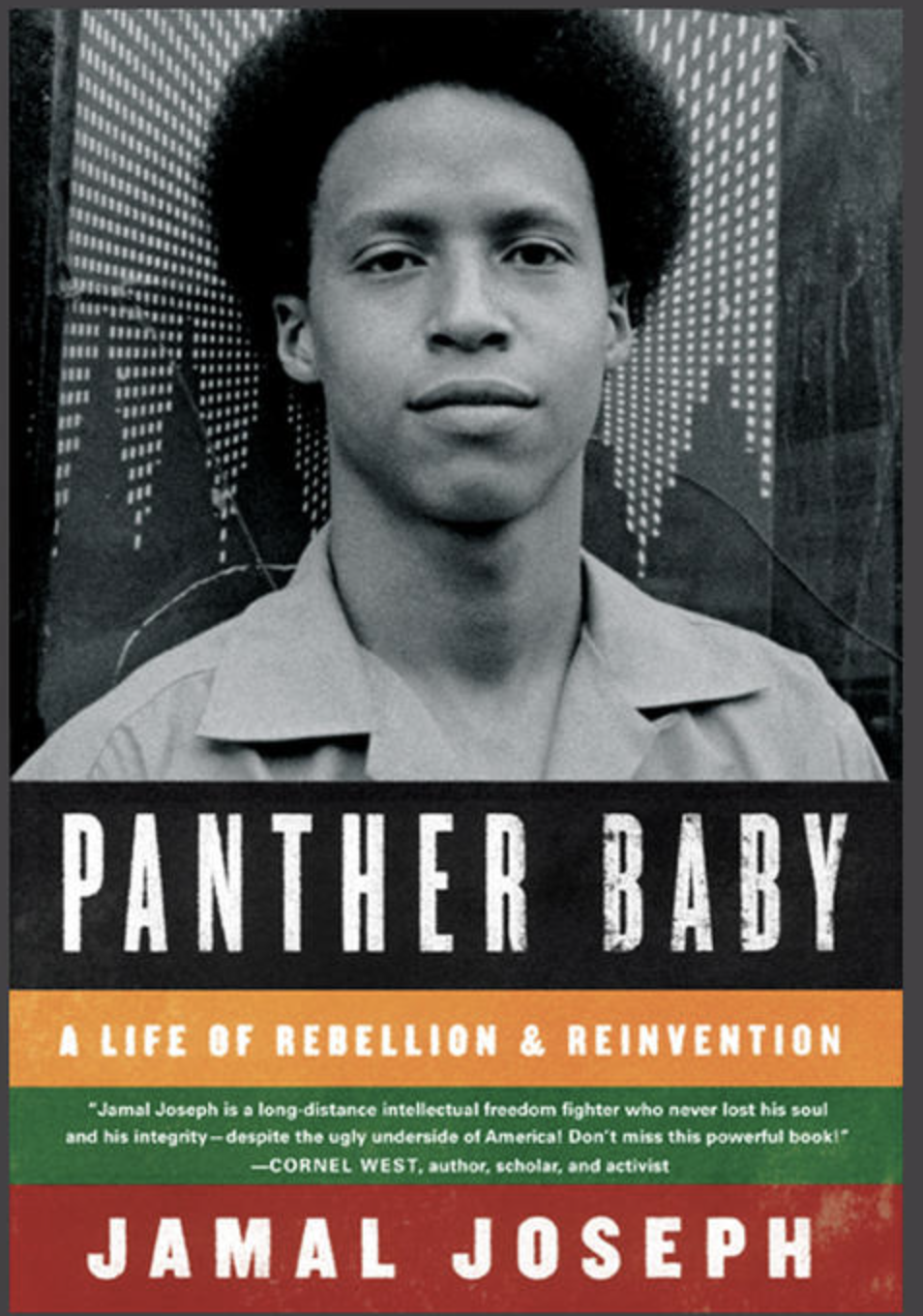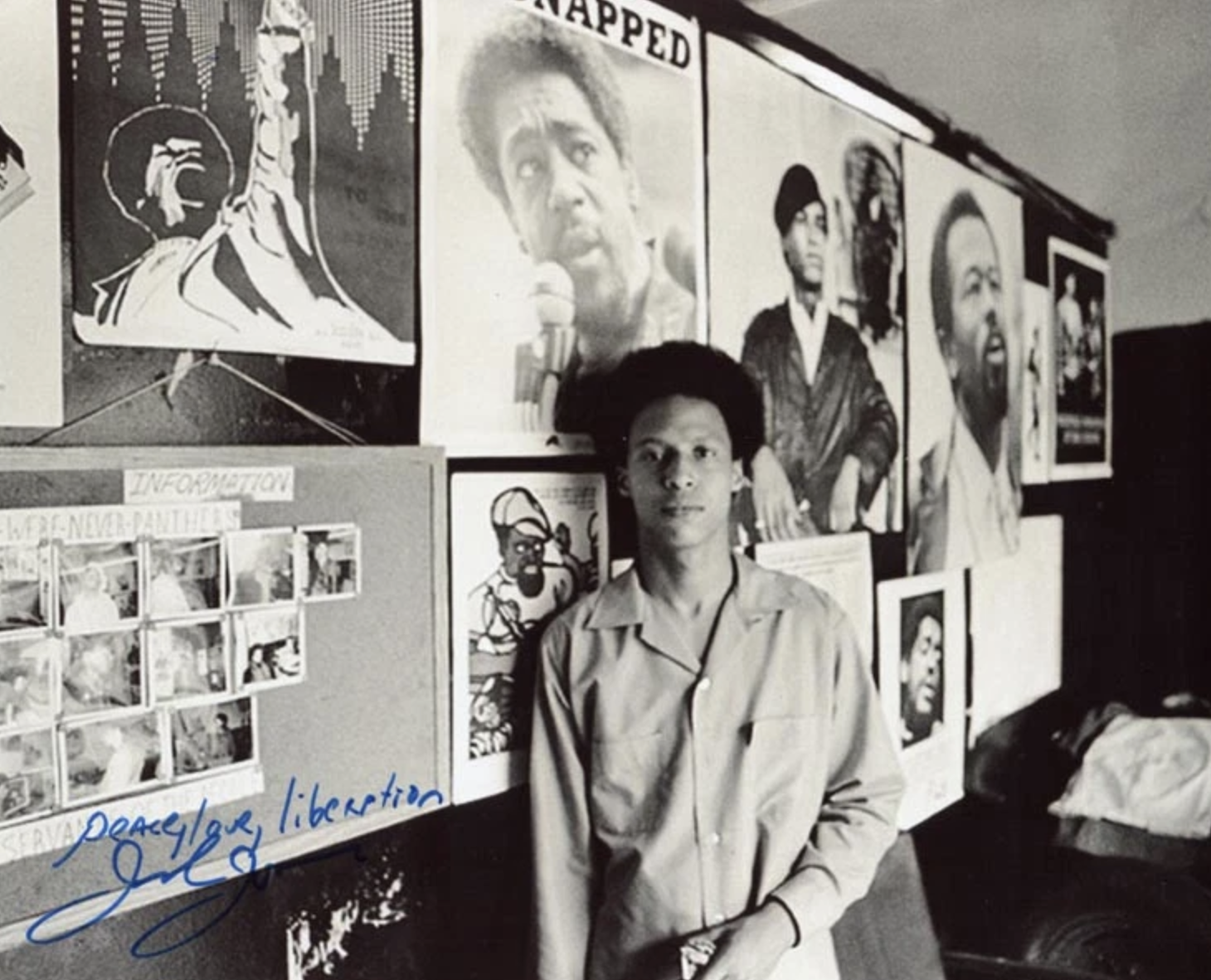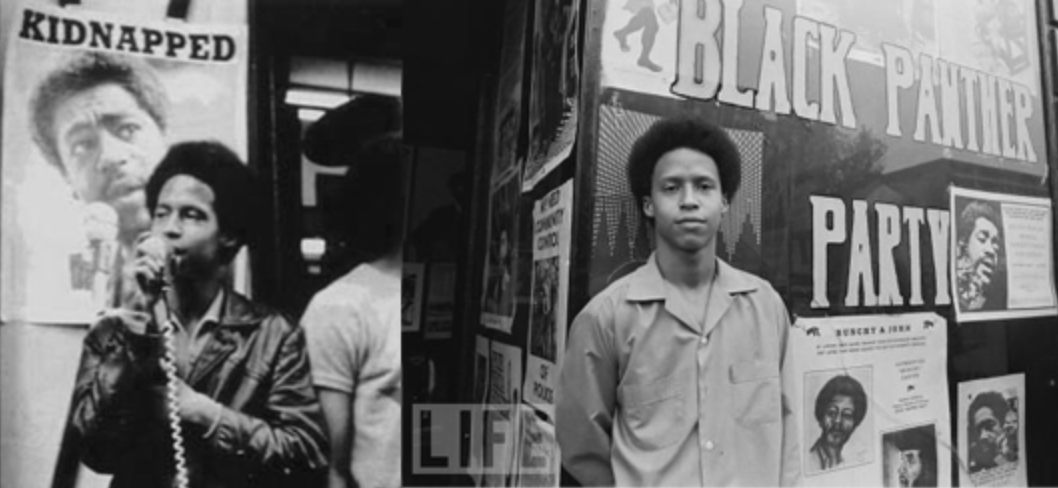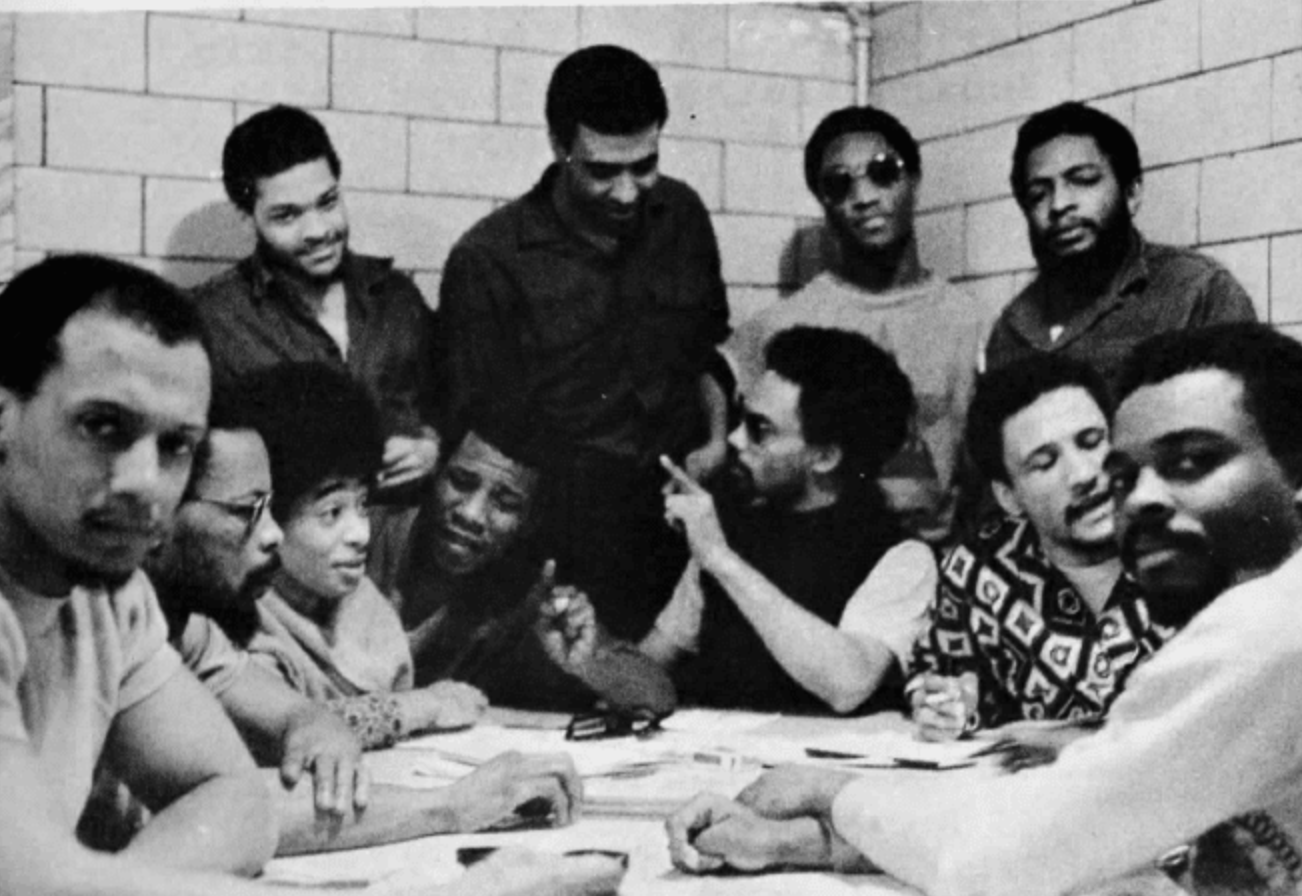Jamal Joseph (born January 10, 1953, in Brooklyn, New York) joined the Black Panther Party as a teenager, becoming one of the youngest members of the famed Panther 21 in 1969, charged in a high-profile NYC conspiracy case. He spent nearly a year on Rikers Island before the case against him was severed due to his age and later faced federal sentencing for harboring fugitive Panthers in 1981, serving approximately 5½ years at Leavenworth Penitentiary. While incarcerated, Joseph transformed his radical energy into creative output—earning two B.A. degrees from the University of Kansas, writing multiple plays and volumes of poetry, and founding a theater troupe within the prison setting.
After his release in 1987, Joseph continued to channel his experiences into transformative work. He began teaching in East Harlem before co‑founding the IMPACT Repertory Theatre and New Heritage Films, which uplifted youth voices in Harlem. By the 1990s, he had joined Columbia University’s School of the Arts, becoming a full professor and later chair of its Graduate Film Division. Joseph also directed and wrote for film and television—including the widely praised feature Chapter & Verse (2016)—and authored Panther Baby: A Life of Rebellion and Reinvention (2012), a memoir recounting his journey from Panther youth to filmmaker. His work earned him accolades including an Oscar nomination for the song “Raise It Up” in August Rush, the NAACP Leadership Award, and recognition as one of New York’s top Black educators
jamal joseph
LISTEN TO OUR INTERVIEW WITH JAMAL JOSEPH
THE PANTHER 21 CASE
The Panther 21 was a group of 21 members of the New York chapter of the Black Panther Party who were arrested on April 2, 1969, and charged with conspiracy to commit coordinated acts of violence, including plans to bomb police stations, department stores, and the New York Botanical Gardens. The arrests followed months of surveillance by the NYPD and the FBI, both of which were actively targeting the Panthers through COINTELPRO. At the center of the case was an attempt to portray the BPP not as a political organization, but as a criminal conspiracy. The case quickly became a national flashpoint, symbolizing the state’s escalating repression of Black radical movements.
The prosecution’s case relied heavily on the testimony of undercover police officers who had infiltrated the Party. However, the trial—which lasted eight months, making it the longest and most expensive trial in New York State at the time—collapsed under the weight of its weak evidence and inconsistencies. On May 13, 1971, after spending nearly two years in jail without bail, all 21 defendants were acquitted of all charges. The Panther 21 trial not only exposed the extent of police infiltration but also strengthened public support for the Panthers and highlighted the use of the criminal legal system as a tool to silence Black radical dissent. Among those arrested was a young Jamal Joseph, just 15 years old at the time, whose case was later severed due to his age. His early experiences in the courtroom and jail would shape his lifelong political and artistic path.
learn more about the panther 21
Panther Baby is the gripping, deeply personal memoir of Jamal Joseph, who joined the Black Panther Party at age 15 and went on to become a revolutionary, political prisoner, poet, and professor. From his early days as an honor student raised by his adoptive grandparents in Harlem, to facing a 12-year sentence in Leavenworth for aiding fugitive Panthers, Joseph's life traces the arc of Black radical resistance in the post–civil rights era. Through vivid storytelling, he recounts how the assassination of Martin Luther King Jr. and the spirit of Black militancy led him to the Panthers, where his political education began not with weapons, but with a stack of revolutionary books.
While incarcerated, Joseph used the power of the arts to survive and transform. He founded a prison theater company, led political education classes, earned two college degrees, and developed the values that would guide the rest of his life. Upon release, he continued this legacy, founding Harlem’s IMPACT Repertory Theatre and later becoming a film professor and department chair at Columbia University. Panther Baby is more than a coming-of-age story—it’s a testament to the power of revolutionary love, cultural resistance, and reinvention. It’s essential reading for anyone interested in Black radical history, prison abolition, youth activism, and the transformative power of art and education.




